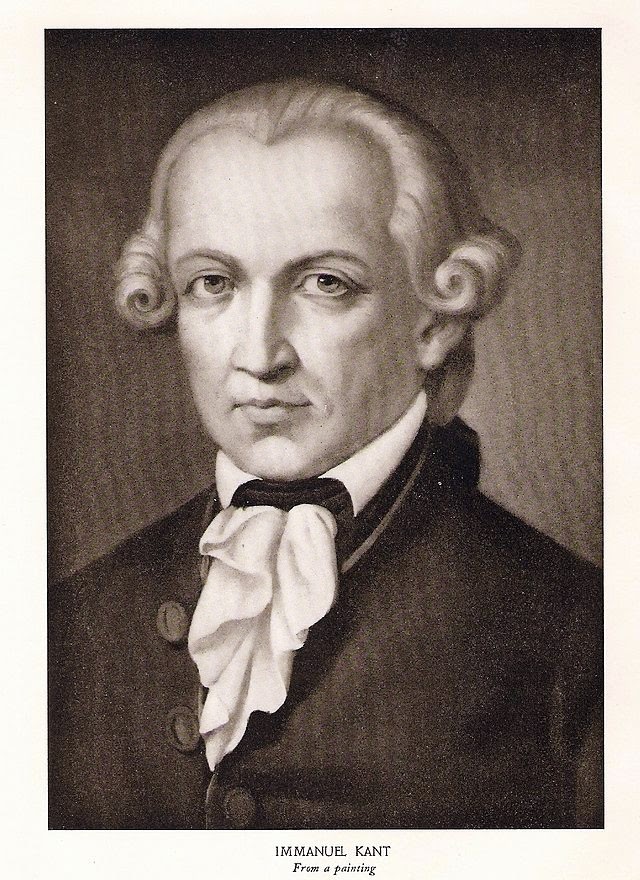Creating the greatest happiness - A look into Mill's Utilitarianism (day 185)

So I will be continuing with the Moral Philosophy theme that I started yesterday with a post on Kant's Categorical Imperative . I mentioned Mill's Utilitarianism, which was another topic covered in my introduction to Ethics course in Reed College. Let me say that Mill's writing is much more clearer or easier to read than Kant's writings. I copied and pasted this from wikipedia. http://en.wikipedia.org/wiki/Utilitarianism_%28book%29 ~~~~~ The essay is divided into five chapters, namely General Remarks; What Utilitarianism Is; Of the Ultimate Sanction of the Principle of Utility; Of What Sort of Proof the Principle of Utility is Susceptible; and On the Connection Between Justice and Utility. In the first two chapters, Mill aims to define precisely what utilitarianism claims in terms of the general moral principles that it uses to judge concrete actions, as well as in terms of the sort of evidence that is supposed to be given for such principles....
